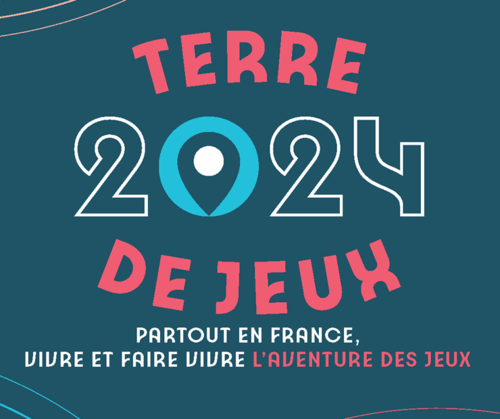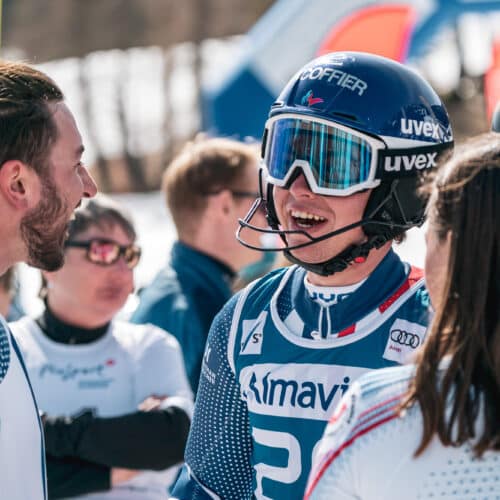On the occasion of the Olympic and Paralympic Week, held from the 1st to the 6th February in Les Gets, we met up with three Les Gets Ambassadors who told us all about their experience at the Olympic Games and what they think about competitive sports.
Three champions, two different disciplines but one view: sports for women! About Adeline Mugnier, Mia Clerc and Océane Avocat Gros.
Adeline Mugnier
Adeline Mugnier, born and bred in Les Gets, has brought some great trophies back. She participated in the Sotchi Winter Olympics in 2014 and in PyeongChang in 2018.
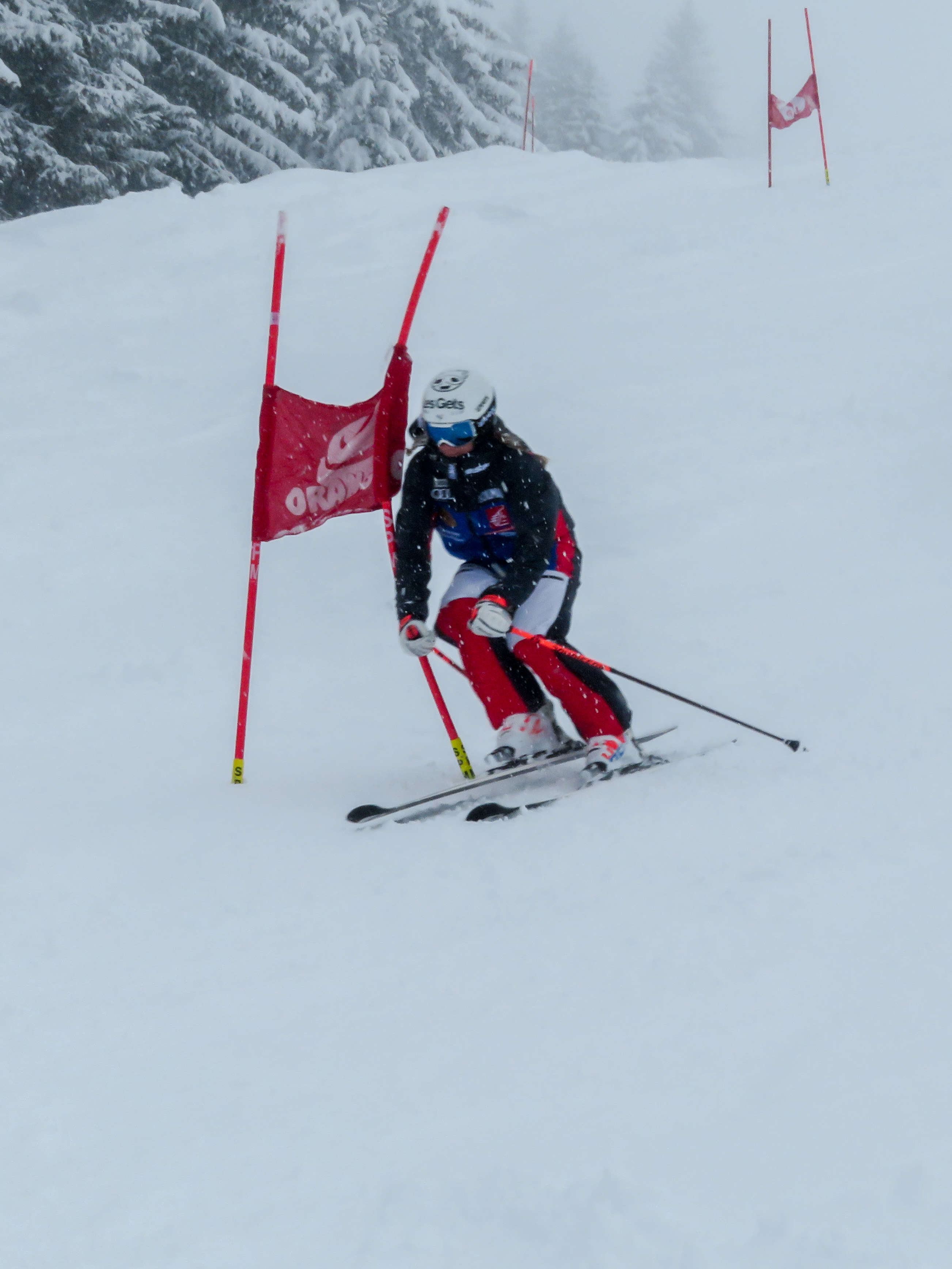
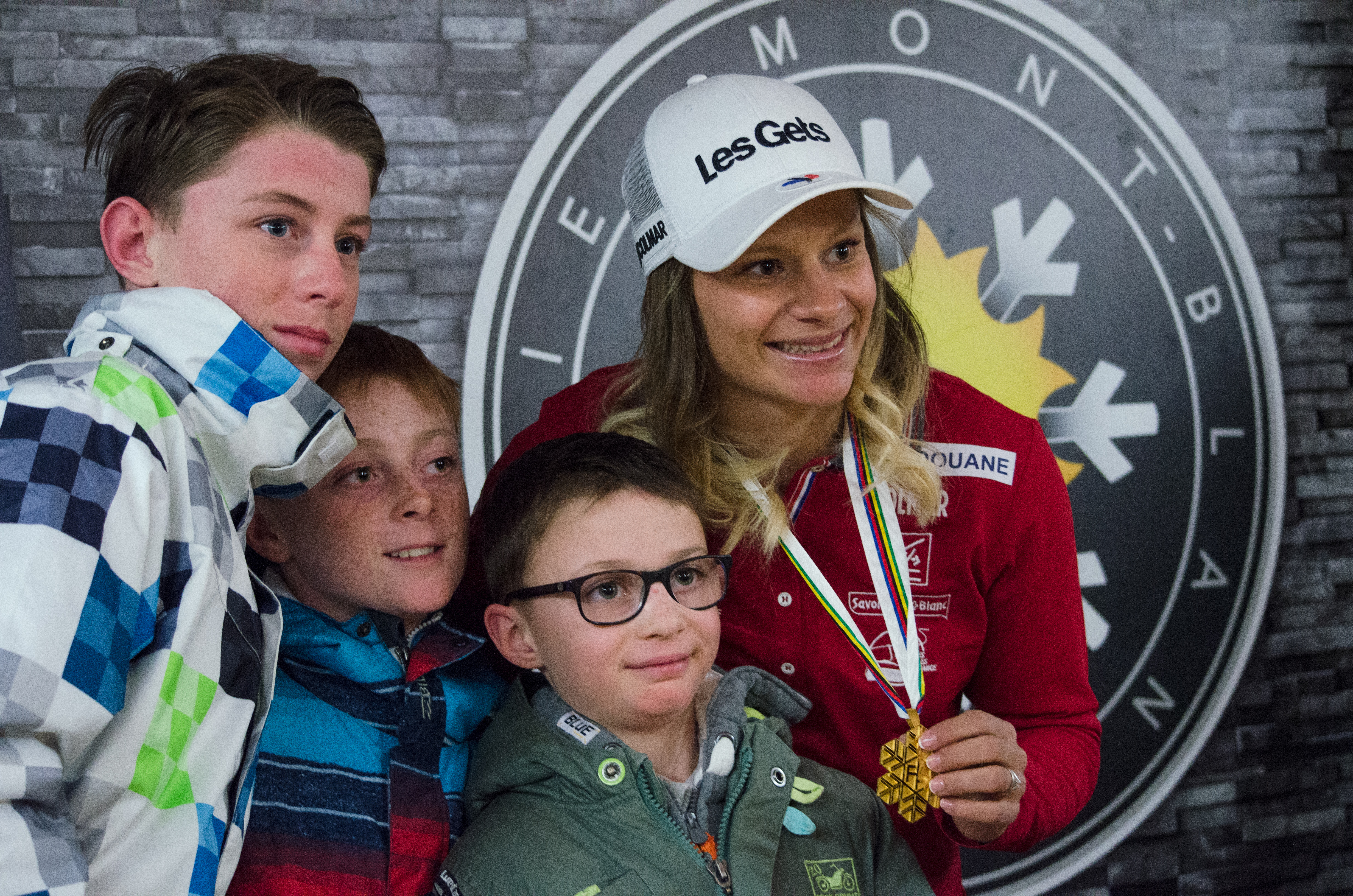
Les Gets was awarded the “Terre de Jeux 2024” label, and was selected to be an Olympic training centre for Cross-Country Mountain Bike Racing (XCO) from 2021 onwards. What do you think of that?
“I think it’s really interesting for the resort. This type of event (Olympics) brings a lot of sporting teams together, and can also be really beneficial for the hotels, apartments and shops of Les Gets. That is even more important, in light of the current situation. As a sports coach, it would be an opportunity to make my gym available for professional athletes coming to train in Les Gets. These athletes might then come back to Les Gets for their holidays or just for pleasure.”
“Terre de Jeux 2024” aims to promote sport more widely. You grew up in a sporty environment yourself, so why is it important to encourage sports?
“I was lucky to be surrounded by sport from a very young age, and I can appreciate the advantages of that today. It’s really important to teach children to enjoy exercise in general, even if it’s just going for a walk. In Les Gets, there’s a wide range of activities on offer, in summer and in winter: skiing, snowshoeing, biathlon, hiking, mountain biking and so much more. We could also go further and try out sports that are not usually on offer in the mountains, such as boxing, judo, dancing, etc.”
Since you first participated in the Olympics in 2014, do you think the world of Olympic sports has changed?
“Not really. Compared to a World Championship, the Olympics involves so much more publicity and is much more complicated to manage. Everything is larger-than-life and more intense. I think it’s all a bit too much just for an event that lasts one day, even if that event is decisive for an athlete’s career.
I found myself in a strange situation in Sotchi for the Giant Slalom event. It was a horrific day with torrential rain, awful snow, and everything was wet. I was on the chairlift with my technician and I found it hard to believe that I was at the Olympics. Because whatever the weather, your event is held on that day, not another and you have to perform well, and that’s it. If not, come back in 4 years’ time!”
What advice can you give young athletes from Les Gets who are preparing for the Olympics or the Paralympics?
“It’s easier said than done, but you have to try and stay focused, concentrate on what you can control and don’t try to go overboard, and don’t let yourself get distracted by everything else. My advice: stay focussed on yourself and your event.”
Océane Avocat Gros
After several years of alpine skiing competitions, Oceane discovered ski jumping at 14. From then on, she has been in the top 30 in many World Cup events and is determined to participate in the 2022 Olympics.
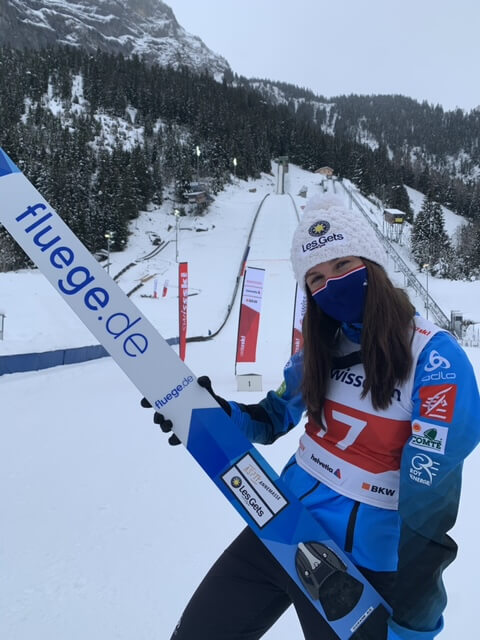
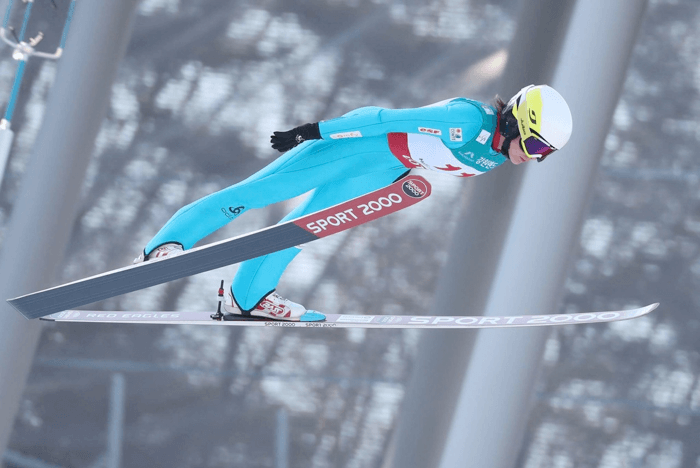
What did you do when you found out that Les Gets was to become a Cross-Country Mountain Bike Racing (XCO) training centre for the 2022 Olympics?
“I think that it’s really cool. It will attract a lot of people to Les Gets and there will be a great atmosphere. This is a testament to the diversity of activities on offer in Les Gets. It’s not only a ski resort, Mountain Biking is also really popular here in the summer. It’s an all-year-round resort. Hosting this kind of event in Haute Savoie and in Les Gets will be an opportunity to showcase what our mountain resorts have on offer, and the economic and cultural benefits of this will be astounding.”
How are you preparing for the 2022 Olympics?
“We train all year round, in all seasons, to make sure we perform as well as we can at the various World Cups and World Championships. Because it is based on our World Cup results that we are selected for a place in the Olympics. The World Cup events act as warm-ups for the Olympics.
If I’m selected for the Olympics, I’ll have to really give it my all, and use everything I’ve learnt over the past years. It will be much more stressful than what I’m used to and I’ll need to stay focussed. I will need to stay concentrated on myself and not get distracted by the glitz and glamour of the Olympics, if I want to perform well on my jumps and show the very best I have to offer.”
The women’s ski jumping event only made an appearance in the Olympics in 2014. Do you think this discipline deserved more attention?
“Very few people knew about ski jumping in France, and don’t even get me started on women’s ski jumping! The French media barely show an interest in the women’s events. If young people don’t know about this sport, they won’t even think of trying it. Right now, there are not many women at all who could possibly take over and join the team with us. It’s a shame.
It would be a good idea to provide ski jumping introductory sessions, available to everyone. A few years ago, a small jump was set up just below the village of Les Gets. It was a great idea!”
Are there any significant differences in what is on offer for men and women in this sport?
“We fought tooth and nail to be considered on the same footing as men, to be included in World Cup events, to participate in the same competitions such as the Four Hills Tournament. We are starting to make a place for ourselves, the level is getting really high, but there are still some inequalities. The prize money for World Cup events isn’t the same for men or for women. As a female athlete, it’s not easy to make a career out of your sport and it’s complicated to find sponsors. The whole system means that we are still left in the shadows far too much.”
Mia Clerc
Originally from Madagascar, Mia had her first skiing experience at the age of 5. A few years later, she was selected for the 2018 Winter Olympics and was the first ever woman to compete for Madagascar.
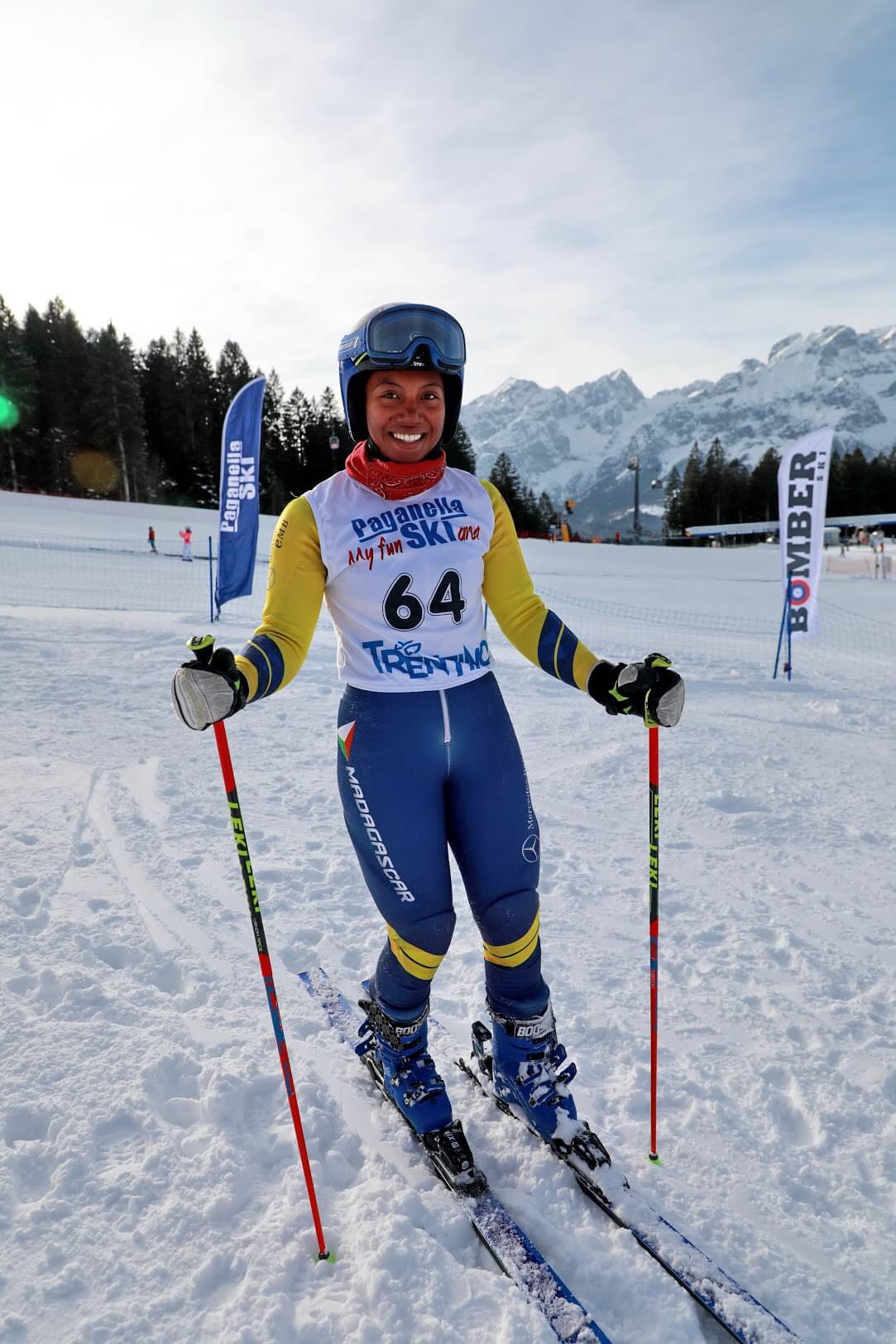
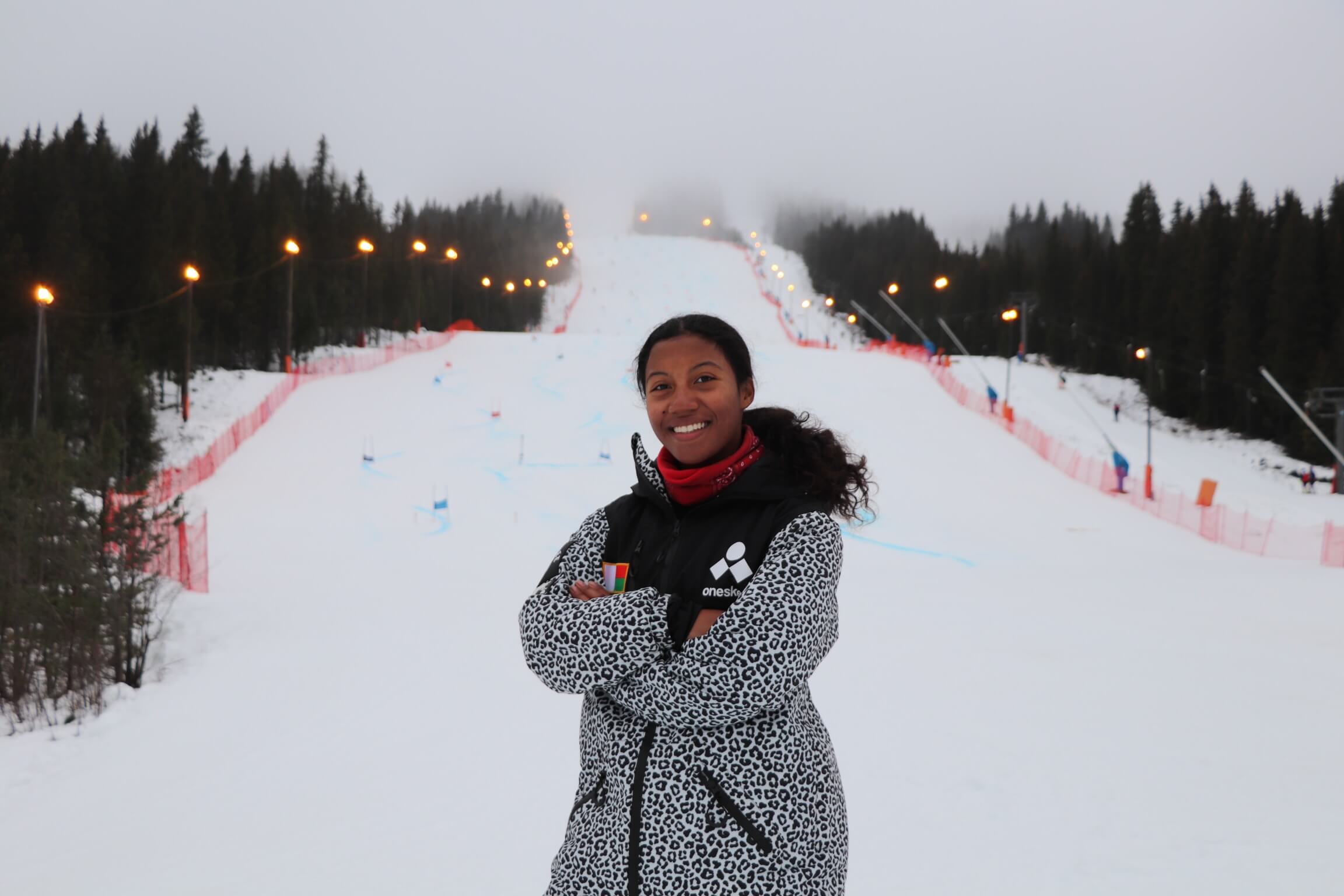
At the beginning of January, you had a serious fall during an event in Flaine, causing an open tibia-fibula fracture, which unfortunately meant that the season was over for you. How do you feel?
“At first, it was difficult for me to accept but I have to keep my spirits up. I already feel better. I immediately started physiotherapy and in 1 week I’ll be able to start walking again. At the end of February, I’m going to stay at a recovery centre. I’m going to work the weaker parts of my body and I’ll get stronger.”
Where did your passion for Alpine skiing come from?
“At the age of 1, I was adopted by my parents who lived in Les Gets. They taught me how to ski. I started competing when I was 8, to discover a new activity and it very quickly became a passion. Sports at a professional level are quite a different ball game. I love the atmosphere at events. We are always learning something new about our body, our mind… What’s my favourite discipline? The Giant Slalom. That’s where I feel most at ease and I really progress.”
What can you say about your first experience of the Olympics in 2018?
“It was a fantastic experience. I was very young so I didn’t go there with performance in mind. My goal was just to arrive at the bottom of the slope. I was also the 1st ever woman from Madagascar to represent the country at the Winter Olympics, so I was really proud to represent my homeland. I was also proud to promote the development of women in sport, as well as female sports in Madagascar.”
As you know, Les Gets was awarded the “Terre de Jeux 2024” label and will have a role to play in the 2024 Olympics. What do you think of that?
“I am proud to be going back to my favourite resort where I grew up and where I learnt so much. There’s so much to do there, in summer and in winter. For example, when I was younger, as well as skiing, I also enjoyed skating. The resort also provides professional athletes with great facilities, for downhill skiing and mountain biking.”
What are your goals for the future?
“My season is over for this year, but I wanted to improve myself in every discipline, to be able to participate in the Junior World Championships in Italy. I’d like to finish in the top 30 in giant slalom or slalom or top 10 in the disciplines with less women on the starting lines, such as the speed trials. But the competition is very tough, so it won’t be easy.”


